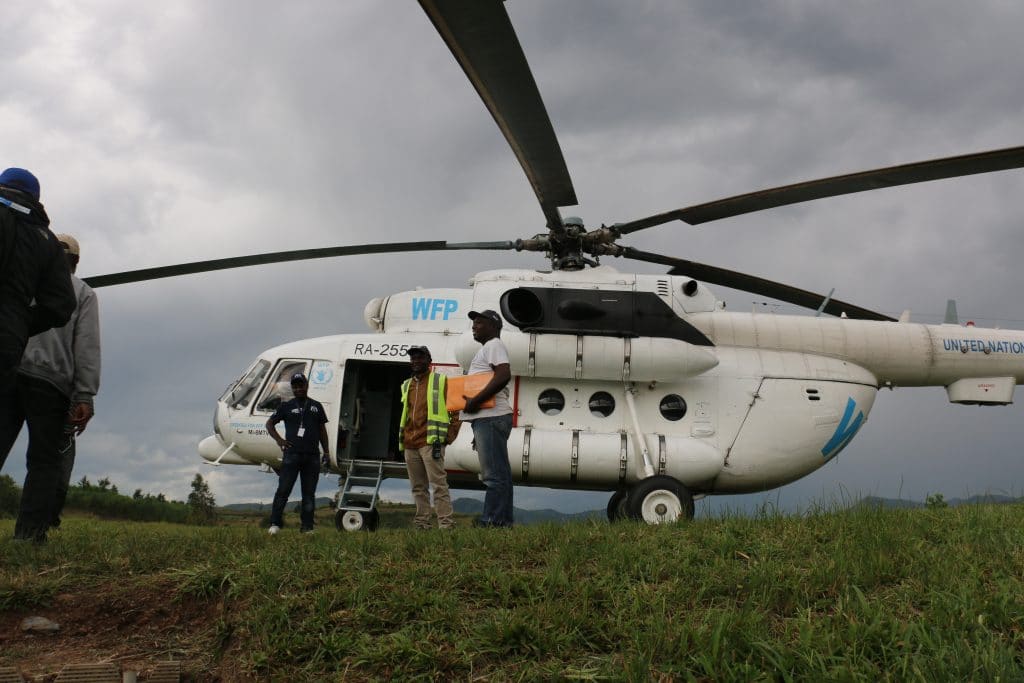The risk of violating sanctions regimes may cause humanitarian organisations to resort to remote management, which results in a heavy reliance on local staff. This is reflected in negotiations at the frontlines, where organisations rely on speaking with all parties in order to secure their access and protection.
This latest NCHS paper “Tacit engagement as a form of remote management: Risk aversity in the face of sanctions regimes” by Ayşe Bala Akal discusses what such remote management through ‘tacit engagement’ might imply in the context of humanitarian negotiations.
To read more and download a copy of the paper visit our resource hub here.
Ayşe Bala Akal is a Research Assistant at the Peace Research Institute Oslo (PRIO). She is involved with several humanitarian related research projects, including “Humanitarianism, Borders, and the Governance of Mobility: The EU and the ‘Migration Crisis’ (humBORDER)” and “Red Lines and Grey Zones: Exploring the Ethics of Humanitarian Negotiation (RedLines).”
